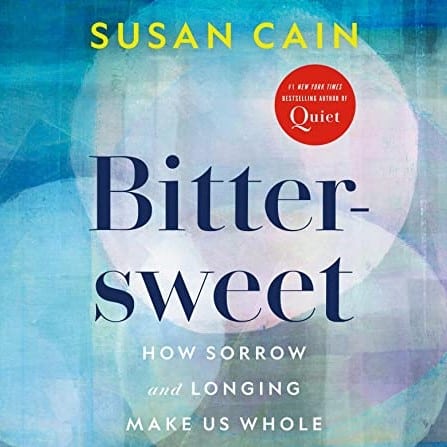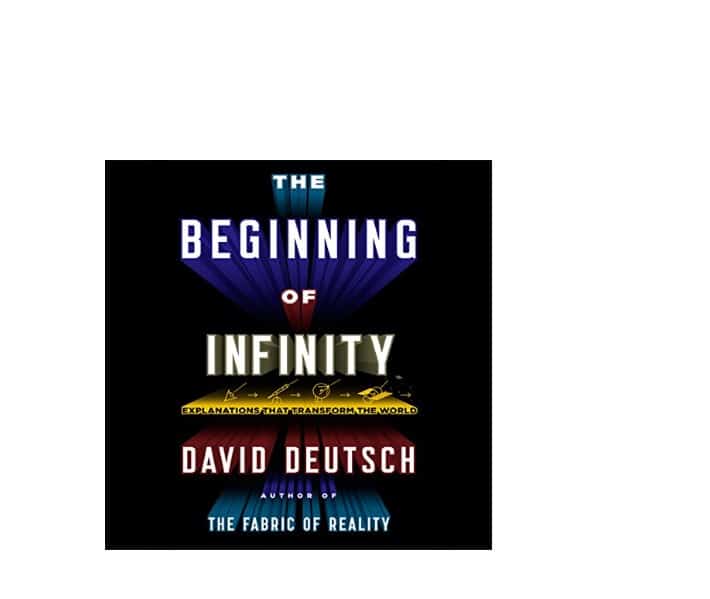The controversy over free will vs. determinism rages on. Buried in the dispute is a resolution that can change one’s worldview and relationship with others.
To begin any discussion, we must understand precisely what each side is defending. Those who oppose free will insist that all acts and decisions we make arise from the individual’s knowledge, experience, and emotions from the past. This is called deterministic or determinism. It would probably look something like this. A decision is a function of a collection of relevant variables and how much to count each.
To elaborate, each decision is unique, but examples of relevant variables are consistency with your moral values, how others will be affected, the monetary cost, the effort required to achieve the desired results, and many more. Some variables carry more weight than others and influence the decision more. Just before the decision, your mind has collected the impinging variables, deliberated on how much to count each, and then produced the decision.
The other side of the discussion, by those who support free will, can only be a process that doesn’t follow this deterministic outline. That one would be independent of all prior potential causes. That is impossible. You can’t even get your head around that. People trip over the idea that a decision like this would be impossible, but to date, no one has produced an example to refute it.
All is not lost. What has been shown here now becomes one of your past experiences with considerable cash value. Those who accept that the decision-making process is deterministic can achieve two substantial benefits from it.
The first is a more realistic understanding of human behavior. When you witness someone doing something stupid, irrational, impulsive, or even criminal, you know that many cause-and-effect events and conditions have set them up to do precisely as you observe and could not be otherwise. The second benefit is when you are the actor, you think, “I shouldn’t have done that.” “I could have been more sensitive to how my actions would affect those around me.” That’s precisely wrong, and you could not have acted otherwise.

The significant advantage of accepting determinism comes in the form of self-control. You can affect your future behavior. Now, when you find yourself behaving in a way inconsistent with your vision of the character you hope to become, you can consciously adjust the weightings of the relevant variables that determine that behavior. For example, you can train yourself to be more sensitive to how you affect others. Or you could develop more control over adverse emotional reactions. Diligent affirmation of the desirable variables and depreciation of the unfavorable variables will lead you forward under your control. Self-control, although still deterministic, will approach free will asymptotically.
Prior to commenting, please review our privacy policy: http://www.findnewcontent.com/privacy/



